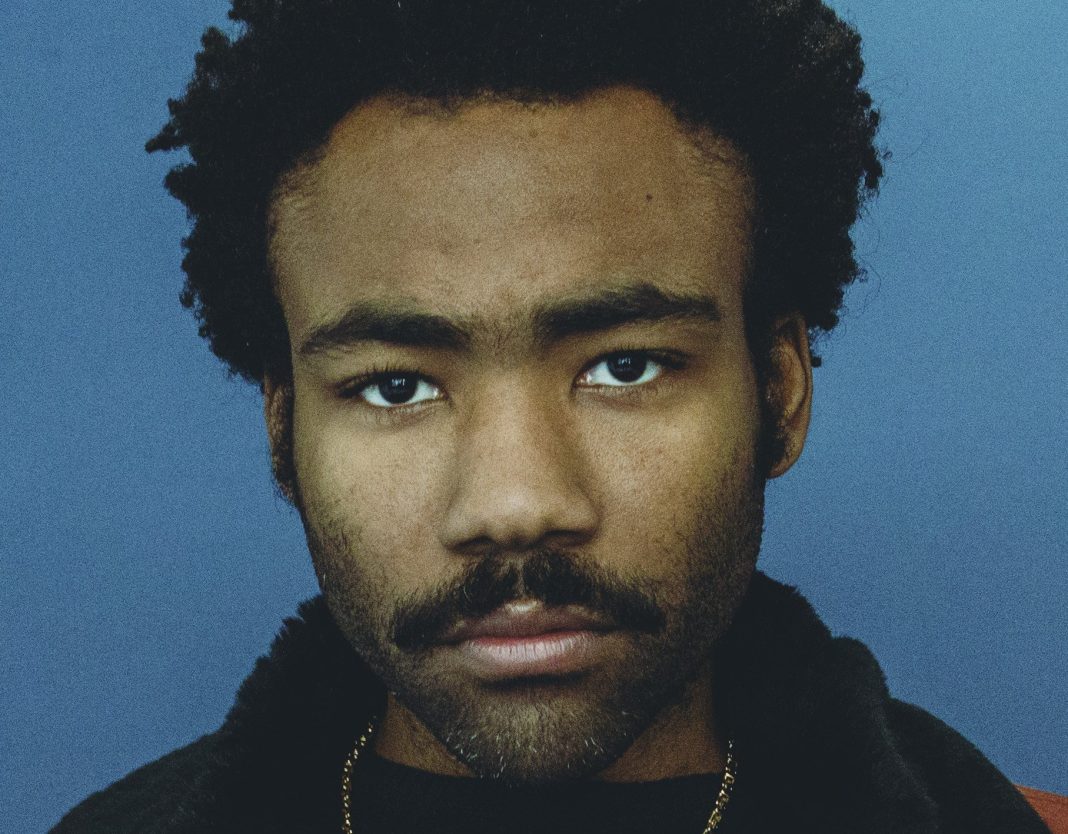A three-year legal battle over Donald Glover (aka Childish Gambino)’s 2018 hit This Is America appears to have ended, with an appeals court upholding Glover’s victory in the case.
Glover was sued in 2021 by Emelike Nwosuocha (aka rapper Kidd Wes), who argued that Glover’s track infringed the copyright on his 2016 track Made In America.
Aside from Glover, the suit named as defendants Jefferey Lamar Williams (aka Young Thug) and Ludwig Göransson, who are credited as writers on This Is America, as well RCA Records and its parent company Sony Music Entertainment, along with Kobalt Music, Roc Nation Publishing, and Warner Music Group, among others.
Last year, a district court dismissed the case against Glover, on the grounds that Nwosuocha had only registered the copyright in the song’s recording, and had not registered the underlying composition.
The court also ruled that the parts of the two songs that were similar “are insufficiently original to warrant protection” under copyright law.
In its decision issued on Friday (May 10), the US Court of Appeals for the Second Circuit agreed with the earlier ruling that there was no copyright for the composition underlying Nwosuocha’s Made In America, and therefore there was no copyright violation.
In light of this, the court made no judgment on the issue of the two songs’ similarities.
According to Nwosuocha’s original 2018 complaint, the rapper wrote and recorded Made In America in 2016, and uploaded it to SoundCloud that year.
In 2017, he registered the song with the US Copyright Office ahead of its release as the lead single on his new album Eleven: The Junior Senior Year.
But that copyright was for the recording, not the composition, and the US District Court for the Southern District of New York concluded that since the alleged infringement had to do with the composition, and not the recording, there was no copyright violation.
“Nwosuocha’s problem is that his copyright registration is simply for the wrong work – his sound recording rather than his musical composition.”
US Court of Appeals for the Second Circuit
The appeals court agreed.
“Nwosuocha registered the sound recording of his song but failed to register the musical work itself. His complaint does not allege that he attempted or intended to register more than a sound-recording copyright. But the only infringement claim he brings is for infringement of his musical work, not of his sound recording,” stated the appellate court in its decision, which can be read in full here.
Nwosuocha’s lawyers argued that he had meant to copyright both the composition and the recording, and the recording-only copyright was a “mistake of labeling.” They cited a Supreme Court precedent that such a mistake cannot be used to invalidate a registration.
“But we do not invalidate Nwosuocha’s registration,” a three-judge panel of the appellate court stated.
“Rather, Nwosuocha’s problem is that his copyright registration is simply for the wrong work – his sound recording rather than his musical composition.
“That distinction is important. It is the difference between forgiving technical mistakes in a copyright application and allowing applications to create registrations in material never mentioned.”
The court continued: “Nwosuocha could not have filed an application for one song and then expanded the registration to another by claiming that he meant to register both after the fact. He likewise cannot apply for only a sound recording and expand the registration to the underlying musical work.”
The distinction between a copyright on a recording and a copyright on an underlying composition is important “because sound recordings and musical works are different artistic works that can be copyrighted by different creators and are infringed in different ways,” the court noted.
Glover’s This Is America debuted at No.1 on the Billboard Hot 100 in May 2018, and has been registered five-times Platinum in the US by the RIAA.
The track won all four of the Grammys for which it was nominated the following year, including Record of the Year, Song of the Year, Best Rap Performance and Best Music Video.
The video has 915 million views on YouTube and nearly 590 million streams on Spotify.Music Business Worldwide


